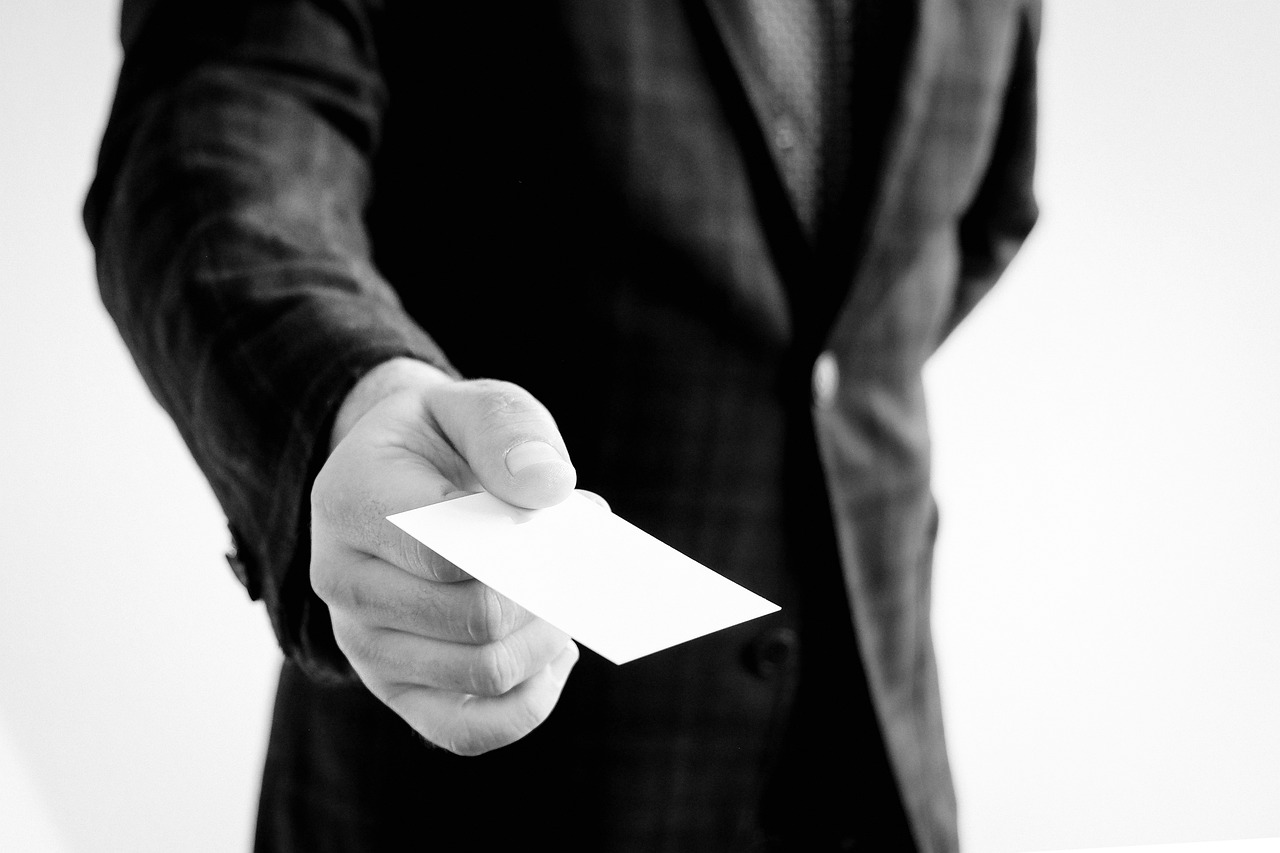Jordan Peterson, a Canadian clinical psychologist and professor, has once again made headlines for his views on freedom of speech. Peterson, who gained notoriety for his opposition to political correctness and advocating for traditional gender roles, has faced criticism for his recent comments on the New Zealand mosque shooting.
In a now-deleted tweet, Peterson wrote, “Was there ever a shooter at a mosque? Who knows? But if there were, I bet they were in favor of multiculturalism.” This statement sparked outrage and accusations of Islamophobia, leading to Peterson quickly deleting the tweet and posting an apology. Despite his apology, many have condemned Peterson for his lack of sensitivity and promotion of divisive rhetoric.
However, some of Peterson’s supporters have come to his defense, stating that he should not be censored for his opinions and that he has a right to free speech. This latest controversy has reignited the ongoing debate on free speech, with some arguing that Peterson’s comments are protected under the principle of free expression, while others argue that hate speech should not be tolerated and should be condemned.
Regardless of where one stands on the issue, it is clear that Jordan Peterson continues to be a polarizing figure in the media. His outspoken views have gained him a large following, but also made him a target for criticism. This latest controversy only adds to the
